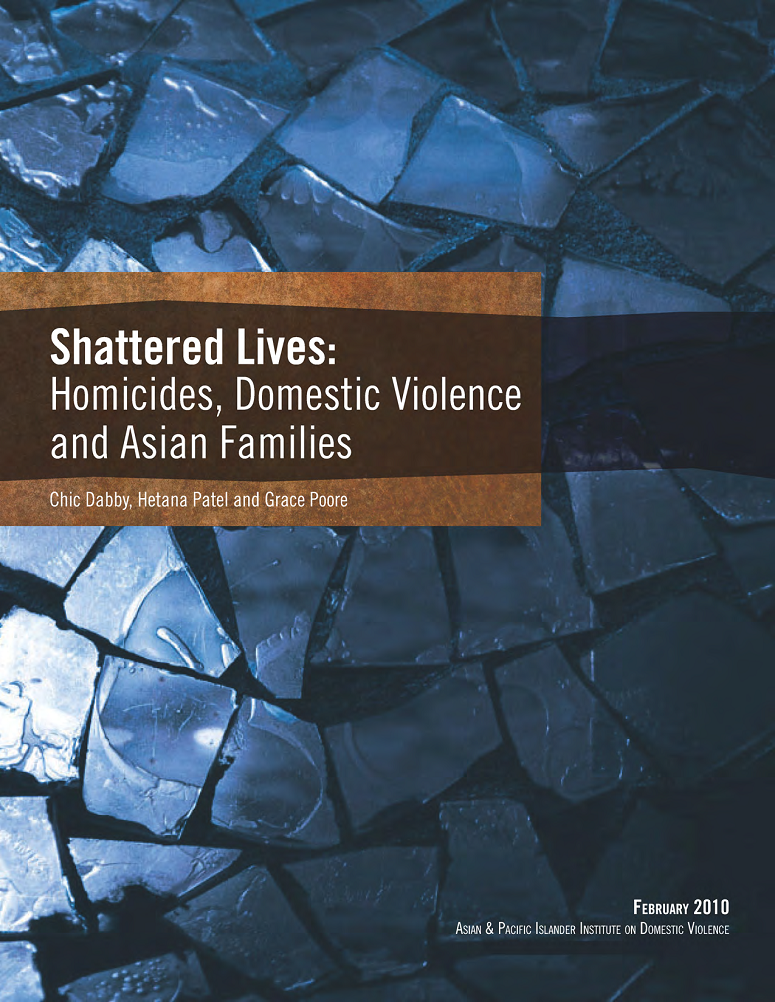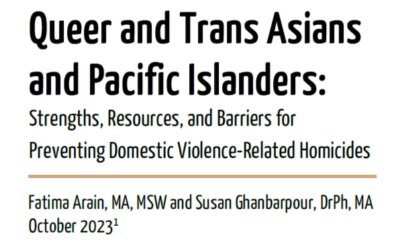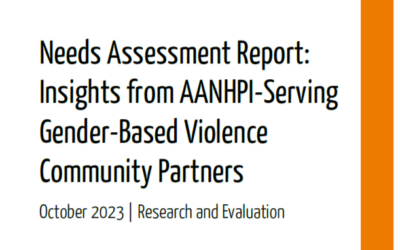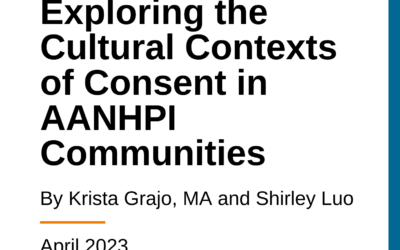Who gets killed?
The answer to this question is crucial to understanding the struggles of battered women to survive their abusive relationships and to protect the safety of their children, family and friends.
Who did the killing?
This is also a critical question because it reminds us who is responsible for these deaths; bringing into sharp focus the relationships that batterers hijack for the final time when they transition from abusers to killers.
The first national study of its kind, this report analyzes clippings from newspapers and advocates for a 6 year period, 2000-2005.
Related Resources
API-GBV Applauds the Revisions to Collecting Federal Data on Race and Ethnicity Statistical Policy Directive No. 15: Standards for Maintaining, Collecting, and Presenting Federal Data on Race and Ethnicity
April 1, 2024 Oakland, CA-- The Asian Pacific Institute on Gender-Based Violence (API-GBV) applauds the Biden Administration's announcement of revisions to Statistical Policy Directive No. 15 (SPD 15): Standards for Maintaining, Collecting, and Presenting Federal Data...
Queer and Trans Asians and Pacific Islanders:
Strengths, Resources, and Barriers for Preventing Domestic Violence-Related Homicides
This report presents a groundbreaking qualitative research project focusing on the prevention of domestic violence-related homicides among queer and trans Asians and Pacific Islanders (QTAPI). It uncovers the complex web of risk factors, including isolation and...
2023 CBO Needs Assessment Report & Summary
This report explores and contextualizes the results from API-GBV's 2023 needs assessment on AANHPI-serving GBV community organizations. The findings support a sustained need for culturally responsive programming and research; specialized training opportunities for...
Exploring the Cultural Contexts of Consent in AANHPI Communities
AANHPI communities tend to be collective in nature, as well as hierarchical, to varying degrees. Both contexts complicate the concepts of consent and boundaries, especially for AANHPI youth and young adults, who often do not have opportunities to learn about the taboo...

by Chic Dabby, Hetana Patel and Grace Poore
API-GBV
February 2010


